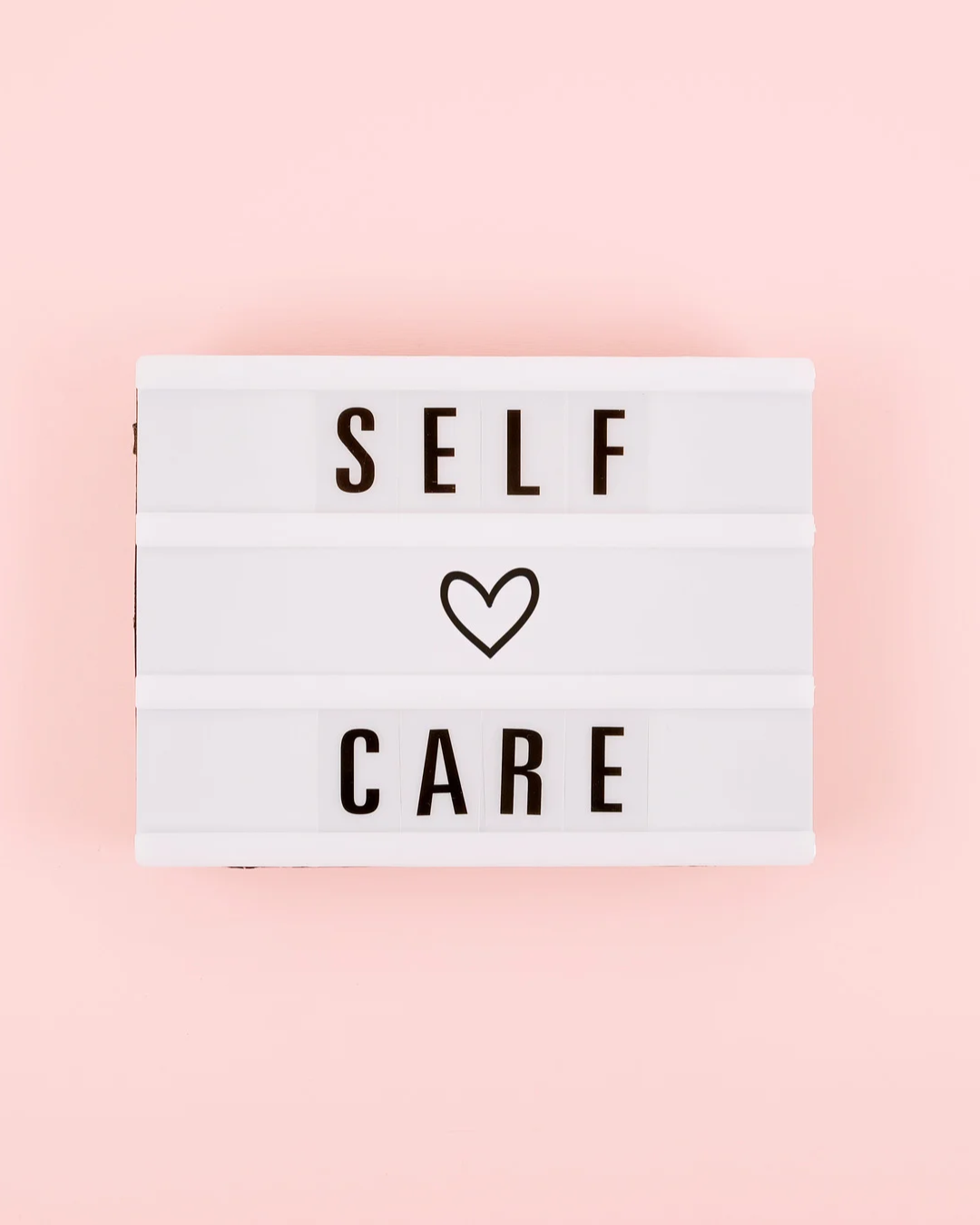
Coping Skills Vs Self Care: Why you need both
 But let’s be real—sometimes, what we’re doing isn’t self-care as much as just making it through the day without imploding.
But let’s be real—sometimes, what we’re doing isn’t self-care as much as just making it through the day without imploding.
There’s a difference between coping skills and self-care, but they’re both important. One helps you get through tough moments, while the other helps you restore yourself so you don’t burn out in the first place.
Think of it like this: Coping skills are the emergency kit. Self-care is routine maintenance. You wouldn’t drive a car forever without changing the oil, but you also need a spare tire when things go wrong.
Let’s break it down.
Coping Skills: The Quick Fixes That Keep You Moving
Coping skills are the things you do to manage stress in the moment. They help you regulate your emotions, distract yourself, or just get through a rough patch.
They’re reactive—meaning, you use them when you’re already feeling overwhelmed. Coping doesn’t always fix the root of the issue, but it keeps you from completely unraveling.
Signs You’re Using Coping Skills
✅ You feel okay afterward—not amazing, just stable.
✅ It helps in the moment, but the stress often returns.
✅ You do it because you have to, not because it truly refreshes you.
Examples of Coping Skills
🛠 Distraction Mode: Scrolling social media, binge-watching TV, online shopping.
🛠 Bare Minimum Mode: Eating something (even if it’s cereal from the box), drinking water (technically hydrating), taking a “just enough” nap.
🛠 Shutting Down Mode: Zoning out, avoiding plans, retreating into your comfort show for the 18th rewatch.
🛠 Crisis Mode: Deep breathing through anxiety, venting to a friend, cleaning your whole kitchen because everything else feels out of control.
Coping skills aren’t bad—they’re necessary! But they’re not enough on their own. If you rely on coping without also recharging, you’ll eventually feel like a phone that’s always on low battery mode.
Self-Care: The Things That Actually Restore You
Self-care is proactive. It’s what fills your tank so you don’t have to rely on coping skills as often.
It’s intentional—meaning, it’s something you choose to do because it improves your well-being, not just because you’re desperate for relief.
Signs You’re Practicing Self-Care
✅ You feel genuinely better afterward—not just less bad.
✅ It adds energy, rather than just preventing burnout.
✅ It helps in the long run, not just in the moment.
Examples of Self-Care
💖 Restorative Rest: Actually getting enough sleep (not just crashing from exhaustion).
💖 Intentional Joy: Reading a book for fun, making art, playing music, dancing in your kitchen.
💖 Body Care That Feels Good: Eating nourishing food, stretching, going for a walk—not just because you “should” but because it makes you feel better.
💖 Emotional Maintenance: Setting boundaries, saying no to things that drain you, therapy, journaling.
💖 Meaningful Connection: Spending time with people who actually lift you up—not just scrolling through social media.
Self-care isn’t always glamorous. Sometimes, it’s just doing what you need to do before you hit a breaking point.
The Key Difference: You Need Both
Neither coping nor self-care is better—they just serve different purposes.
🔹 Coping skills keep you going. Self-care keeps you growing.
🔹 Coping is reactive—you do it when you’re already overwhelmed. Self-care is proactive—you do it to prevent getting overwhelmed.
🔹 Coping gets you through. Self-care builds you up.
You need both in your life. Coping skills help you manage stress, and self-care helps you recover from it. If you only rely on one, you’re going to feel off balance.
Final Thoughts: Find Your Balance
Some days, coping skills are all you’ve got, and that’s okay. Other days, you have the energy to practice real self-care, and that’s even better.
The goal isn’t to stop coping—it’s to make sure you’re also refueling so you don’t have to live in a constant state of burnout.

